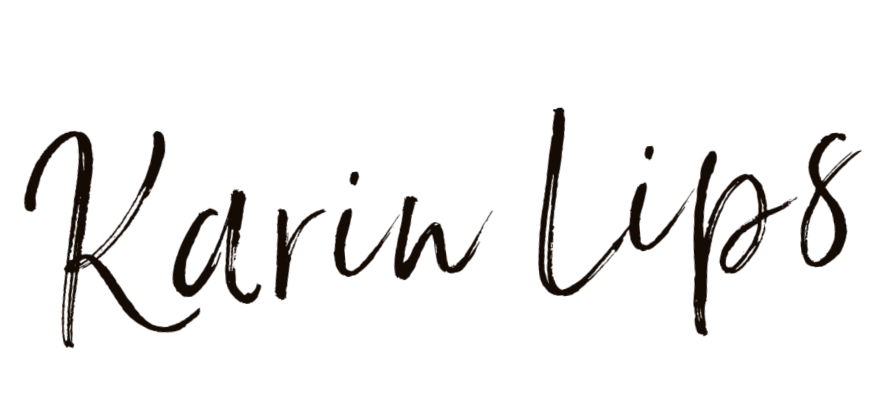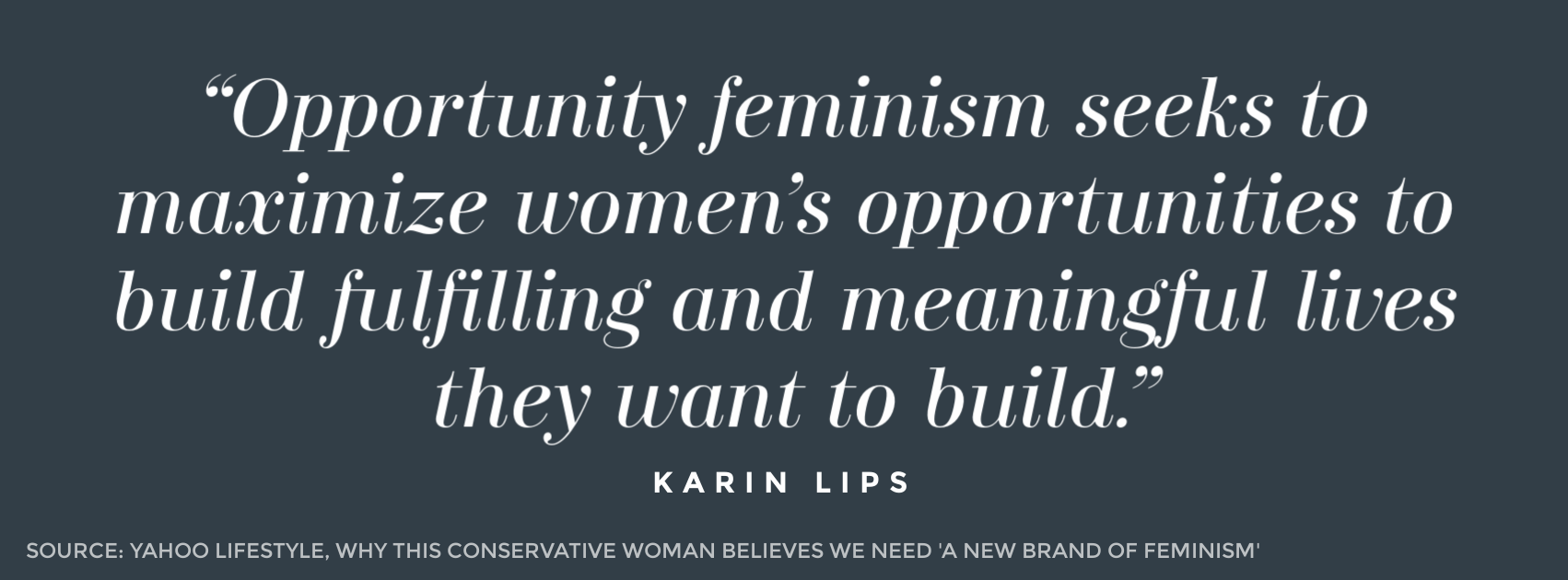Campus conservatives are pressured to keep quiet — or else
Prompted by the leaked draft of the Dobbs v. Jackson Women’s Health Organization majority opinion, first-year Yale Law School student Shyamala Ramakrishna posted to Instagram that “the members of [Yale Law School’s conservative Federalist Society] are conspirators in the Christo-fascist political takeover we all seem to be posting frantically about on Instagram dot com.” She continued, “So why are they still coming to our parties/laughing in the library/roaming these weirdly high school-esque halls with precious few social consequences and without unrelenting daily confrontation?”
This comes across as more of a real threat after an event at Yale earlier this semester. In March, Yale Law School students disrupted a bipartisan panel on free speech . The event was paused when a student told a member of the Federalist Society chapter that she would “literally fight you, b****.”
U.S. News and World Report ranks Yale as the best law school in the country. According to Ramakrishna, conservative students have no place on its campus. Instead, conservative students should be treated as outcasts. Rather than arguing with conservatives, this Yale student is promoting the idea that conservatives should face coordinated social ostracizing.
While this is one Ivy League student’s opinion, it demonstrates the attitude many progressives have toward conservatives on campus. Conservative students aren’t just peers with different views. Instead, conservative students are treated as a threat that must be silenced or eliminated not just from the classroom but also from social spaces.
It is no wonder that more conservative students than liberal students self-censor.
According to the Foundation for Individual Rights in Education, College Pulse, and RealClearEducation report on free speech on campus , just 17% of students said they never felt they couldn’t express their opinion on a subject because of “how students, a professor, or the administration would respond.” Only 9% of conservative students said they never self-censored, while 19% of students who self-identified as liberal or identified as neither liberal nor conservative reported no self-censorship.
A 2020 report on free expression at the University of North Carolina at Chapel Hill found that conservative students have a friendlier attitude toward liberal students than vice versa. While 92.1% of conservatives said they would have a liberal as a friend, 83.7% said they would have a liberal as a roommate, and 55.5% said they would date a liberal, only 63% of liberal students would have a conservative as a friend, 51.8% would have a conservative as a roommate, and 25% would date a conservative.
This disparity is consistent with a Generation Lab/Axios polling of 850 college students nationwide conducted in November 2021 that found that 71% of Democrats on campus won’t go on a date with and 37% of Democrats won’t be friends with someone who voted for the opposing presidential candidate. Among Republicans, 31% won’t go on a date with and only 5% would not be friends with someone who voted for the opposing presidential candidate.
Conservative students on campus these days don’t just worry about grades but also the social consequences of speaking out. Many conservative students face immense social pressure to change their views or keep them quiet.
Karin Lips ( @klips ) is a contributor to the Washington Examiner’s Beltway Confidential blog. She is the founder and d president of the Network of enlightened Women, as well as a senior fellow with the Independent Women’s Forum.
This was originally published by the Washington Examiner.


